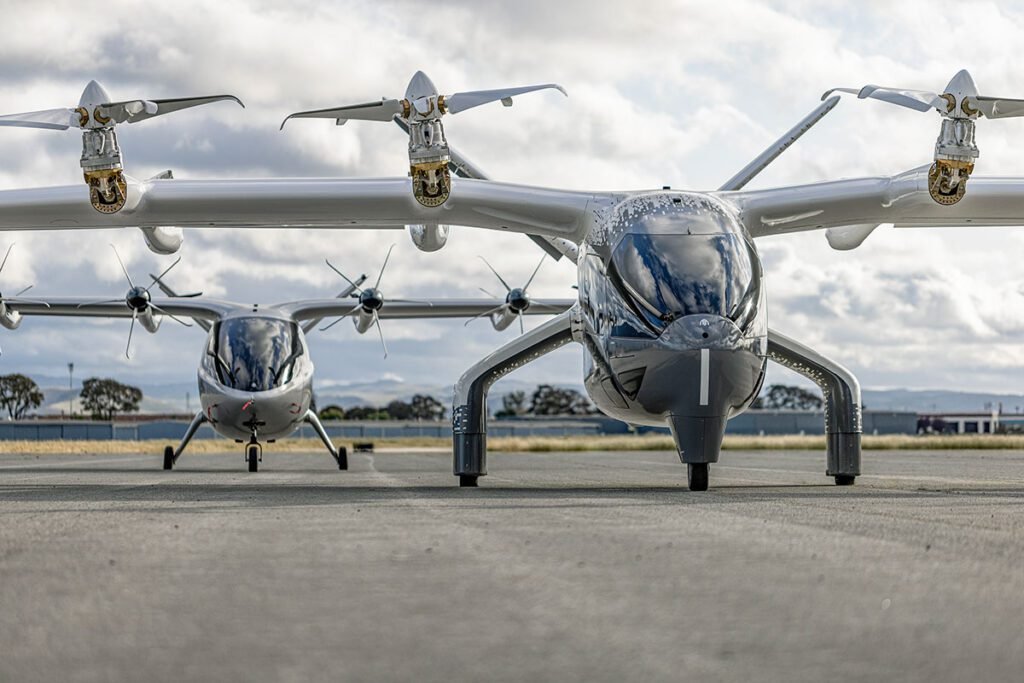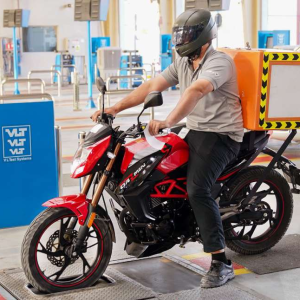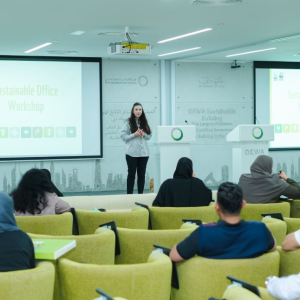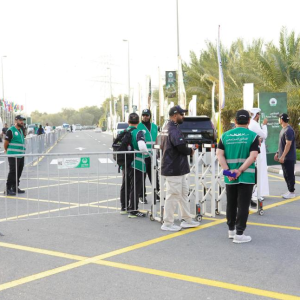The Middle East is preparing for a major leap in transportation as the United Arab Emirates plans to launch electric air taxi flights as early as 2026. Archer Aviation, a global leader in electric vertical takeoff and landing aircraft, is leading this initiative, signaling a significant shift in urban mobility across the region.
Nikhil Goel, Chief Commercial Officer of Archer Aviation, highlighted during the Dubai Airshow that this is just the beginning of a broader push to commercialize air taxi services. Following the UAE’s announcement, Saudi Arabia is also exploring similar initiatives and could roll out its own electric air taxis before 2030.
Understanding Electric Air Taxis
Electric air taxis are small aircraft powered entirely by electricity, designed for short-distance travel within and between cities. Unlike traditional helicopters, these aircraft are quieter, emission-free, and capable of vertical takeoff and landing, making them ideal for urban environments where space is limited.

Air taxis promise to transform commuting by reducing congestion on roads and offering faster, more efficient travel. They also support sustainability goals by providing a green alternative to conventional vehicles, aligning with the UAE’s commitment to smart and eco-friendly transportation.
UAE Leads the Middle East
The UAE has consistently positioned itself at the forefront of technological innovation, and air taxis are no exception. By aiming to launch commercial eVTOL flights by 2026, the country is setting a benchmark for the region.

Archer Aviation plans to integrate air taxi services into key urban centers initially, connecting airports, business districts, and major transport hubs. This first phase will showcase the practicality and efficiency of electric air taxis and pave the way for wider adoption.
The UAE government, along with private sector partners, is developing the necessary infrastructure, including vertiports, charging stations, and air traffic management systems designed specifically for eVTOL operations. These steps ensure the smooth and safe integration of air taxis into urban transport networks.
Saudi Arabia’s Emerging Plans
Saudi Arabia is also exploring electric air taxi services, with potential commercialization expected before 2030. The kingdom aims to incorporate eVTOL services into its Vision 2030 plan, which focuses on modernizing infrastructure and improving mobility across cities.
Authorities in Saudi Arabia are engaging with global eVTOL manufacturers to explore ways air taxis can reduce congestion and enhance urban transportation. Initial operations are likely to target high-density urban corridors, with future expansions connecting multiple cities and regional hubs.
The Promise of Urban Mobility Transformation
Air taxis represent a major shift in urban mobility, addressing challenges such as traffic congestion, long commute times, and environmental concerns. By offering faster, cleaner, and more convenient travel, they have the potential to transform the way people move within cities.
Passengers could travel across urban centers in minutes instead of hours, avoiding traffic bottlenecks and reducing carbon emissions. Air taxis could also support emergency services, medical transport, and disaster relief by providing rapid access to locations that are difficult to reach by road.
The UAE and Saudi Arabia are well-positioned to become testbeds for air taxi operations due to their advanced infrastructure, favorable regulatory environment, and commitment to technology-driven growth.
Challenges to Overcome
Despite the opportunities, several challenges remain before air taxis become a mainstream mode of transport.
Regulatory authorities must create new rules to ensure the safe operation and certification of eVTOL aircraft. Infrastructure development is another key challenge, requiring vertiports, charging stations, and maintenance facilities across urban areas. Public acceptance will also play a critical role, as widespread adoption depends on trust in the safety and reliability of these vehicles. Operational costs and ticket pricing are additional considerations, requiring innovative business models to make air taxis accessible to a broad audience.
Archer Aviation is working closely with government and private stakeholders to address these challenges and facilitate the smooth rollout of commercial services in the UAE and beyond.
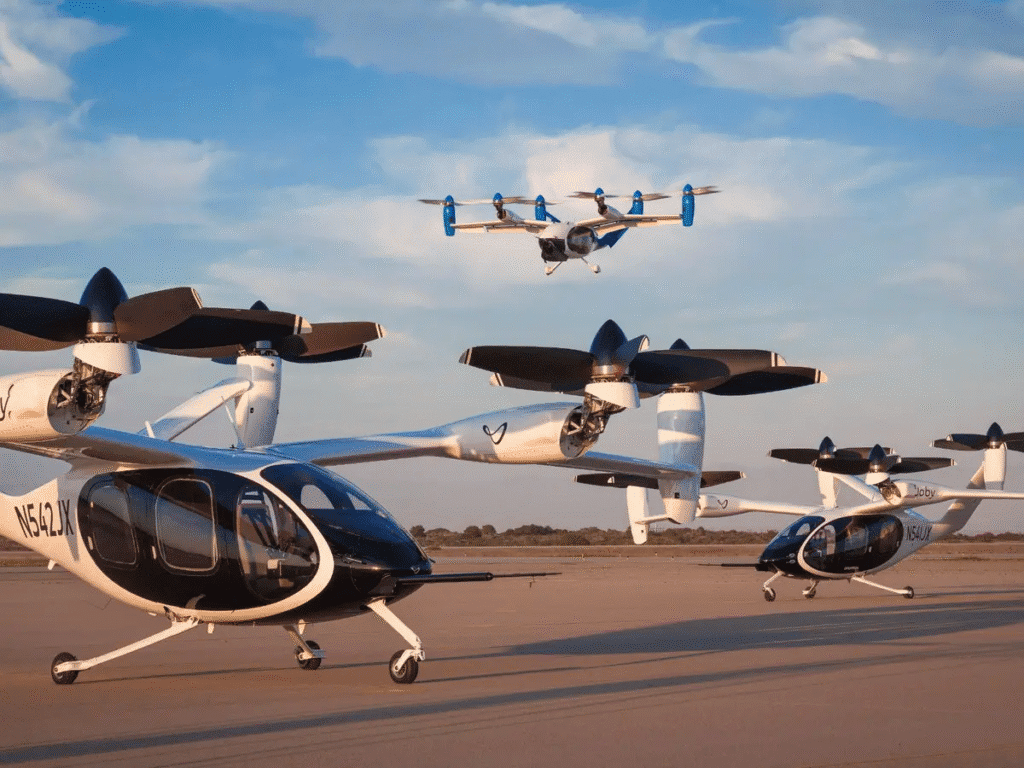
Building a Connected Future
Air taxis are set to redefine urban mobility. Residents of Dubai and Abu Dhabi could soon travel between the two cities in under an hour, bypassing road congestion entirely. In the future, electric air taxis could connect airports, business districts, and key tourist destinations, making urban travel faster and more efficient.
The UAE and Saudi Arabia’s commitment to adopting eVTOL technology highlights a broader regional trend toward innovation, sustainability, and smarter transportation solutions. The coming years may see the Middle East emerge as a global hub for electric air taxi operations.
Conclusion
With commercial air taxi flights expected in the UAE by 2026 and Saudi Arabia likely to follow before 2030, the region is on the brink of a transportation revolution. These developments demonstrate the Middle East’s dedication to innovation, sustainable mobility, and efficient urban travel.
As electric air taxis move from concept to reality, daily commuting and intercity travel could be transformed, offering faster, cleaner, and more convenient options than ever before. The Middle East is positioning itself as a leader in next-generation mobility, and the race to commercialize air taxis is just beginning.
Do follow UAE Stories on Instagram
Read Next – Abu Dhabi Hosts SIBEC 2025: Driving Smart Solutions for Safer Communities

